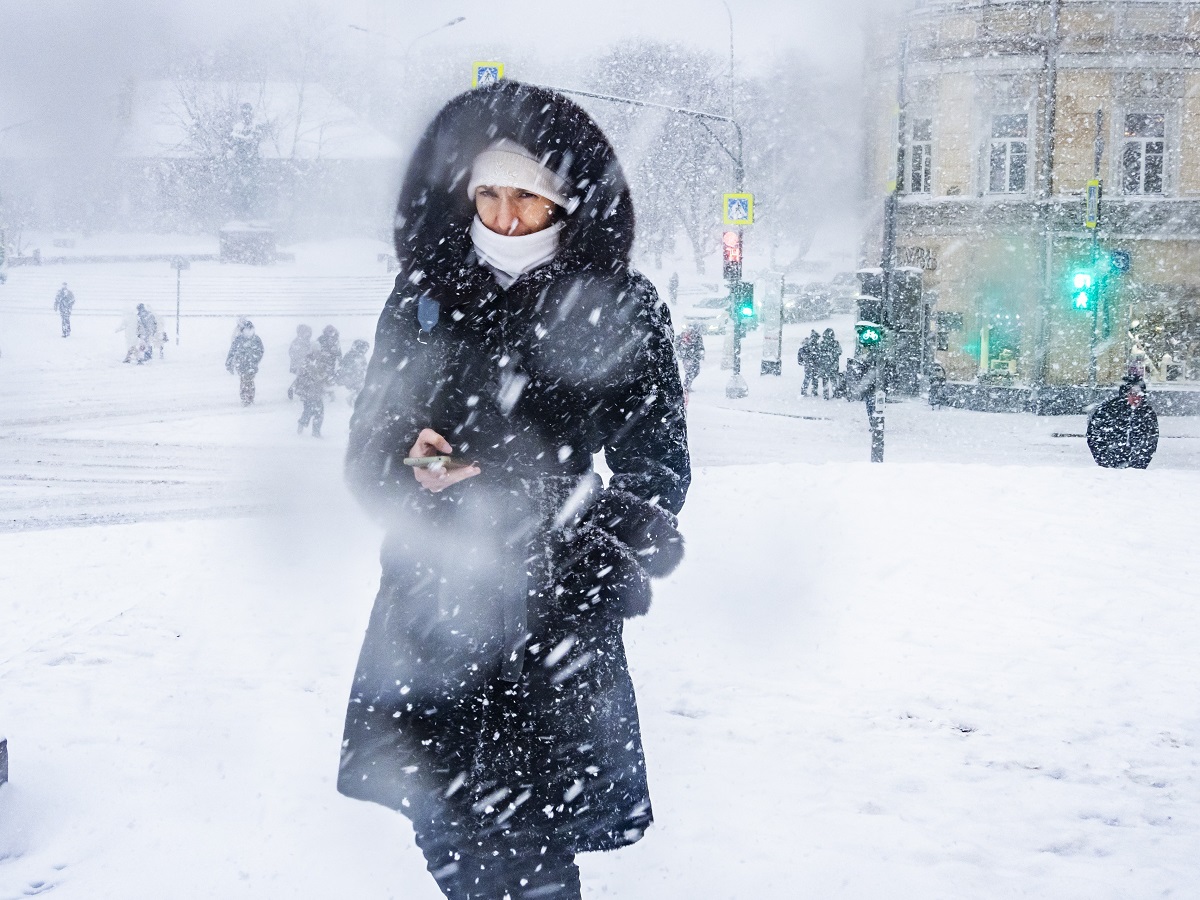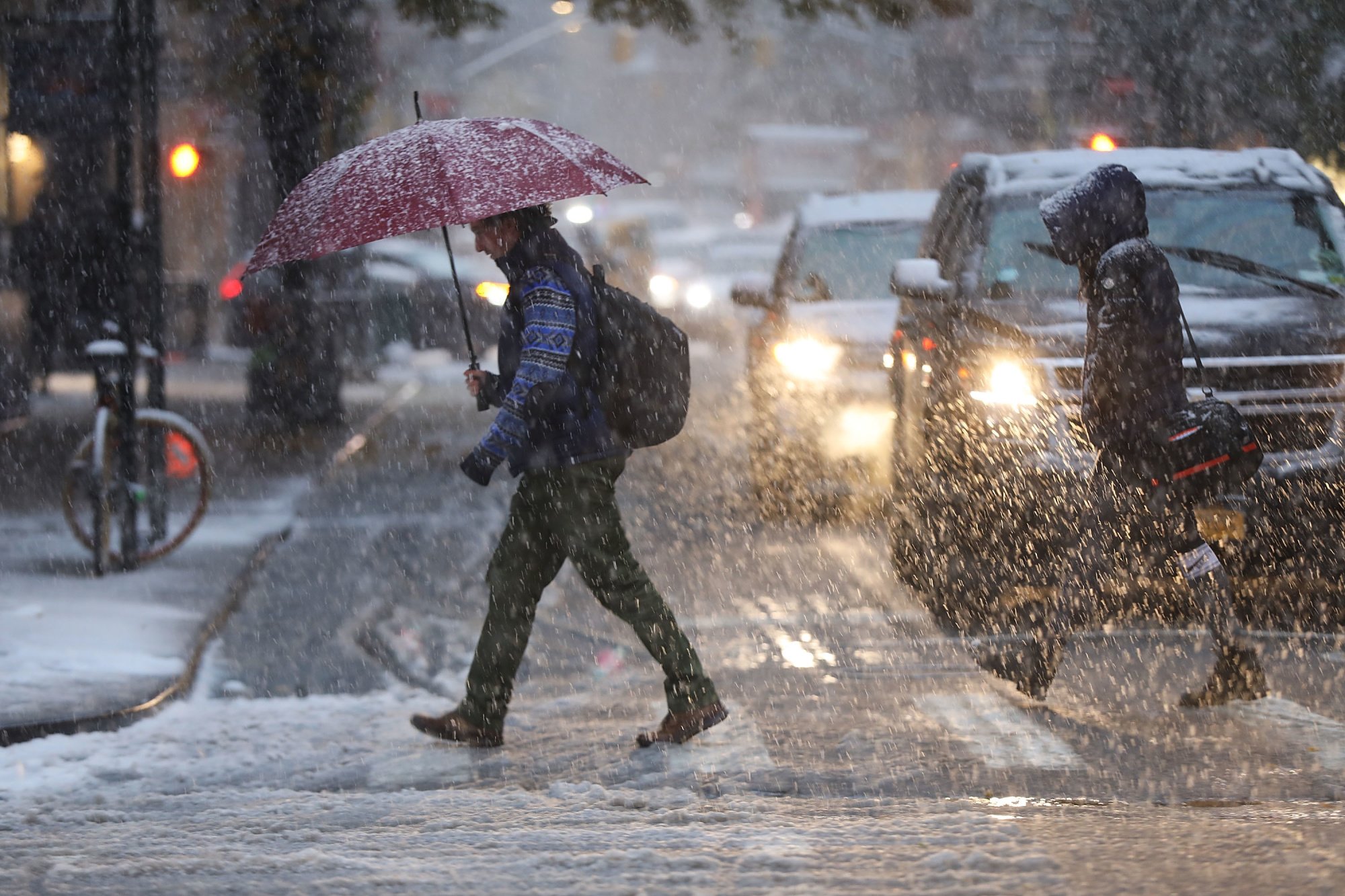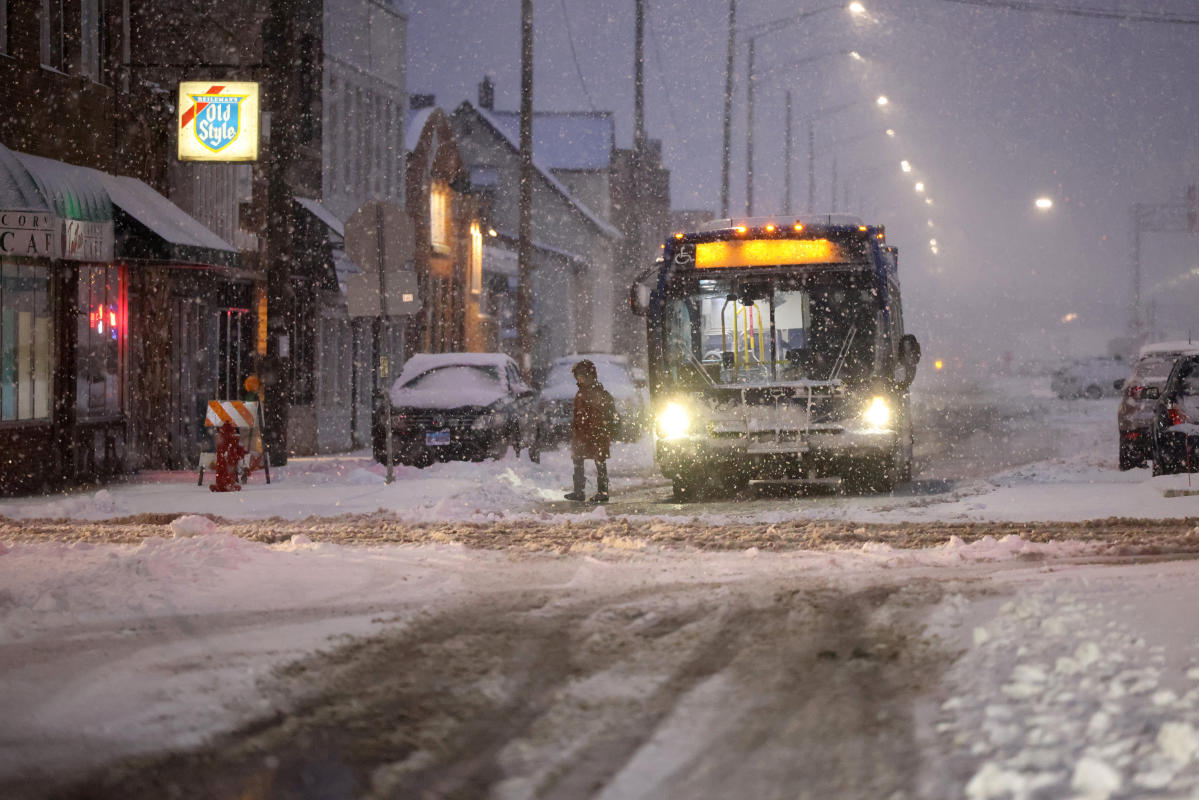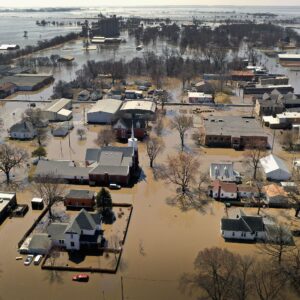When snow storms roll in, life can go from cozy to chaotic in no time. But don’t worry—we’ve got your back. This guide is here to help you prepare, stay safe, and recover after the storm. Let’s dive into the nitty-gritty of snow storm survival!
Understanding Snow Storms
What Is a Snow Storm?
A snow storm is a weather event marked by heavy snowfall, strong winds, and freezing temperatures. These storms can range from light flurries to full-blown blizzards that disrupt daily life.
Types of Snow Storms
Not all snow storms are the same. Some of the major types include:
- Blizzards: Intense storms with strong winds and low visibility.
- Ice Storms: Characterized by freezing rain that creates hazardous conditions.
- Snow Squalls: Sudden, short-lived bursts of heavy snow and wind.
How Snow Storms Form
Snow storms form when moist air rises and cools, causing water vapor to freeze into snowflakes. Add wind and cold fronts, and voilà—a snow storm is born.
Why Preparation Is Key
Lessons from Past Snow Storms
History teaches us that snow storms can cripple entire cities. The 2010 “Snowmageddon” on the U.S. East Coast left thousands stranded, proving that preparation is non-negotiable.
The Risks of Being Unprepared
Without preparation, you risk:
- Power outages without backup.
- Inaccessible roads for emergency services.
- Exposure to freezing temperatures.
Preparing for a Snow Storm
Stocking Up on Essentials
Food and Water Supplies
Think non-perishable items like canned goods, granola bars, and bottled water. Aim for a 3-day supply for each person in your household.
Medications and First Aid Kits
Ensure you have enough prescription medications and a fully stocked first aid kit. You never know when you might need it.
Winterizing Your Home
Insulating Pipes and Windows
Wrap pipes to prevent freezing, and seal windows with weather stripping to keep the cold out.
Maintaining Heating Systems
Service your furnace and stock up on firewood if you have a fireplace. A reliable heating system is your best defense against the chill.
Preparing Your Vehicle
Emergency Car Kits
Your car kit should include:
- Blankets
- Flashlights
- Snacks
- A shovel
- Cat litter for traction
Snow Tires and Chains
Invest in quality snow tires or chains to navigate icy roads safely.
What to Do During a Snow Storm
Staying Safe Indoors
Stay inside unless absolutely necessary. Keep warm by layering clothing and using blankets.
Managing Power Outages
Use flashlights instead of candles to avoid fire risks. Keep your phone charged and have a battery-powered radio handy for updates.
Staying Informed
Monitoring Weather Updates
Follow local news or weather apps for real-time updates.
Emergency Alerts
Sign up for emergency alerts from your local government to stay ahead of the storm.
How to Respond After a Snow Storm
Checking for Damages
Inspect your home for issues like roof damage, frozen pipes, or broken windows.
Clearing Snow Safely
Shoveling Tips
- Shovel in small batches to avoid strain.
- Push snow instead of lifting whenever possible.
Snow Removal Equipment
Invest in tools like snow blowers or ergonomic shovels to make the job easier.
Helping Your Community
Assist neighbors, especially the elderly, with snow removal and basic supplies.
Common Mistakes to Avoid
Ignoring Weather Warnings
Never underestimate a snow storm. Ignoring warnings can put you and your family at risk.
Using Unsafe Heating Methods
Avoid using outdoor grills, gas stoves, or space heaters without proper ventilation. Carbon monoxide poisoning is a real danger.
The Role of Community in Snow Storm Preparedness
Neighborhood Plans
Coordinate with neighbors to share resources like snow blowers or generators.
Volunteer Efforts
Join or organize community snow-clearing teams to ensure everyone’s safety.
Staying Mentally Prepared
Coping with Cabin Fever
Being snowed in can be stressful. Keep spirits high with board games, movies, and warm drinks.
Keeping Kids and Pets Happy
Create activities to entertain kids indoors. Don’t forget to keep pets warm and safe too!
Technology and Tools for Snow Storms
Weather Apps and Alerts
Apps like AccuWeather and NOAA Weather Radar provide timely updates to keep you informed.
Modern Snow Removal Tools
From electric snow blowers to heated driveways, technology can make snow management much easier.
Learning from the Experience
Reviewing Your Preparedness
After the storm, assess what worked and what didn’t. Use these lessons to improve your readiness.
Improving for Next Time
Refine your emergency plans, restock supplies, and prepare for the next winter challenge.
Snow storms can be unpredictable and overwhelming, but with the right preparation, you can face them head-on. From stocking essentials to staying informed and supporting your community, every step you take makes a difference. Remember, it’s not just about surviving the storm—it’s about thriving through it. So, bundle up, brace for the blizzard, and let’s weather the storm together.
Essential Safety Tips
What should I do if I get stranded in my car during a snow storm?
Stay in your car, call for help, and use blankets to keep warm. Run the engine periodically for heat but crack a window for ventilation.
How can I prevent my pipes from freezing?
Insulate pipes, let faucets drip, and keep your thermostat consistent to avoid freezing.
Is it safe to drive during a snow storm?
It’s best to avoid driving unless absolutely necessary. If you must drive, ensure your car is winter-ready and drive cautiously.
Can I use my outdoor grill indoors during a power outage?
No, using outdoor grills indoors can lead to carbon monoxide poisoning. Stick to safe heating methods.
How do I keep pets safe during a snow storm?
Keep them indoors, provide warm bedding, and ensure they have access to food and water. Limit their time outside.








